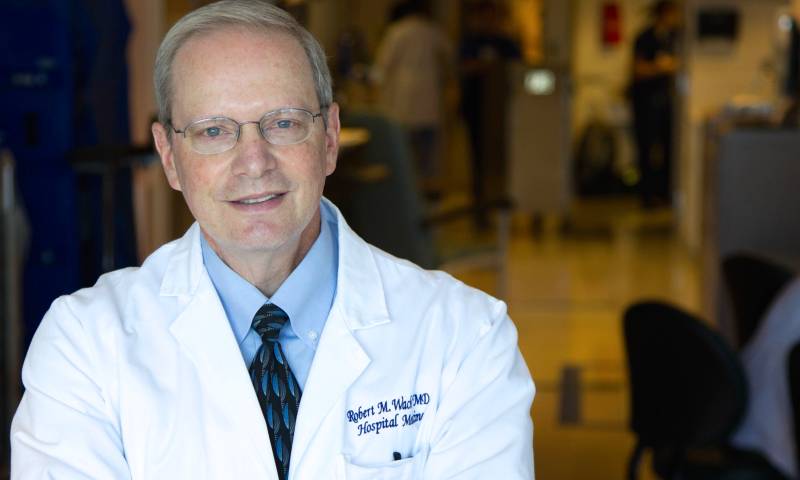“I did a lot of math and I came out with a calculation that the chances that any individual person — for example, my waiter or someone sitting (with) me … (at) dinner — has COVID and feels fine is about 1 in 100. It’s not zero. So there’s a risk there,” he said. “But the chances that I will get COVID from going out to dinner are probably 1 in 100 or lower.”
Wachter’s main concern, he added, remains the risk of so-called long COVID — a condition his wife has — which can include fatigue, brain fog, respiratory issues and other symptoms of the virus that persist several months after being infected. It’s estimated that nearly 20 million Americans suffer from long COVID, according to Census Bureau data.
But based on his calculations, the risk of getting long COVID is about 1 in 1,000, and the risk of dying from COVID is about 1 in 200,000, he said.
“Those are levels of risk that I’m willing to accept if I want to go out with friends or family and it’s too cold to eat outside,” Wachter said. “I’d still prefer to eat outside, over inside. I think it’s safer. It’s not like I’m saying it’s perfectly safe, but it has crossed my threshold to say the risk is low enough that I’m now willing to do it.”
But, he added, people need to make their own informed choices.
“I’m not telling anybody it should cross their threshold or not,” he said. “When I go in a restaurant, it’s packed, bars are packed. So a lot of people have already made this choice long ago.”
KQED’s Emma Silvers contributed reporting to this story.
